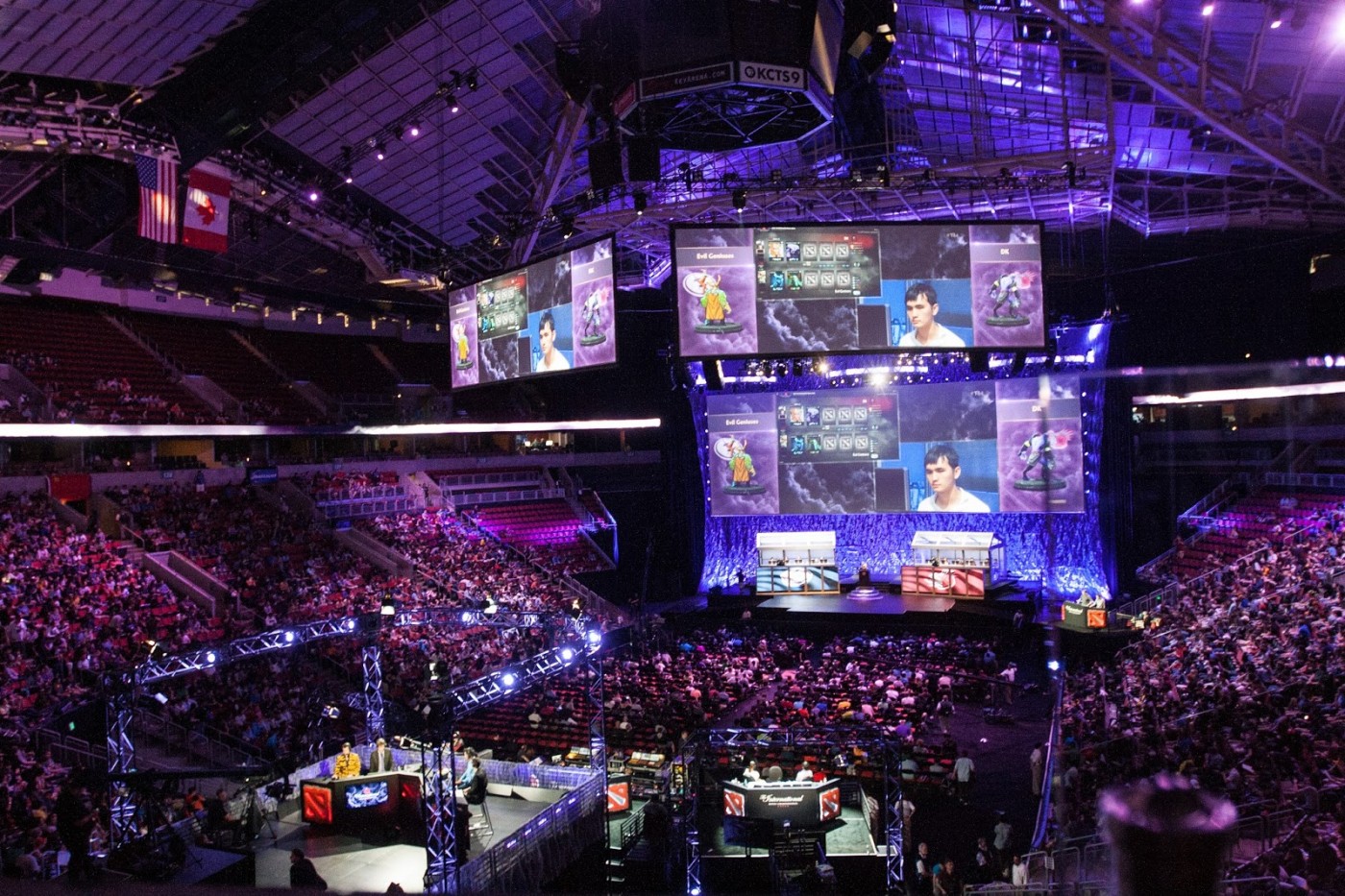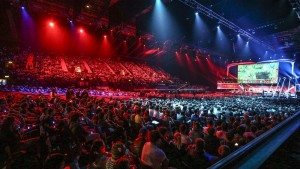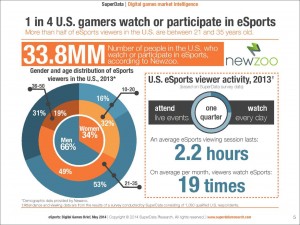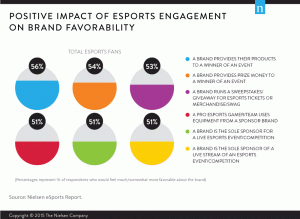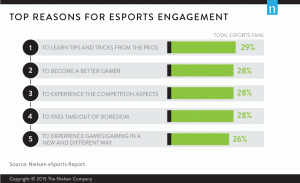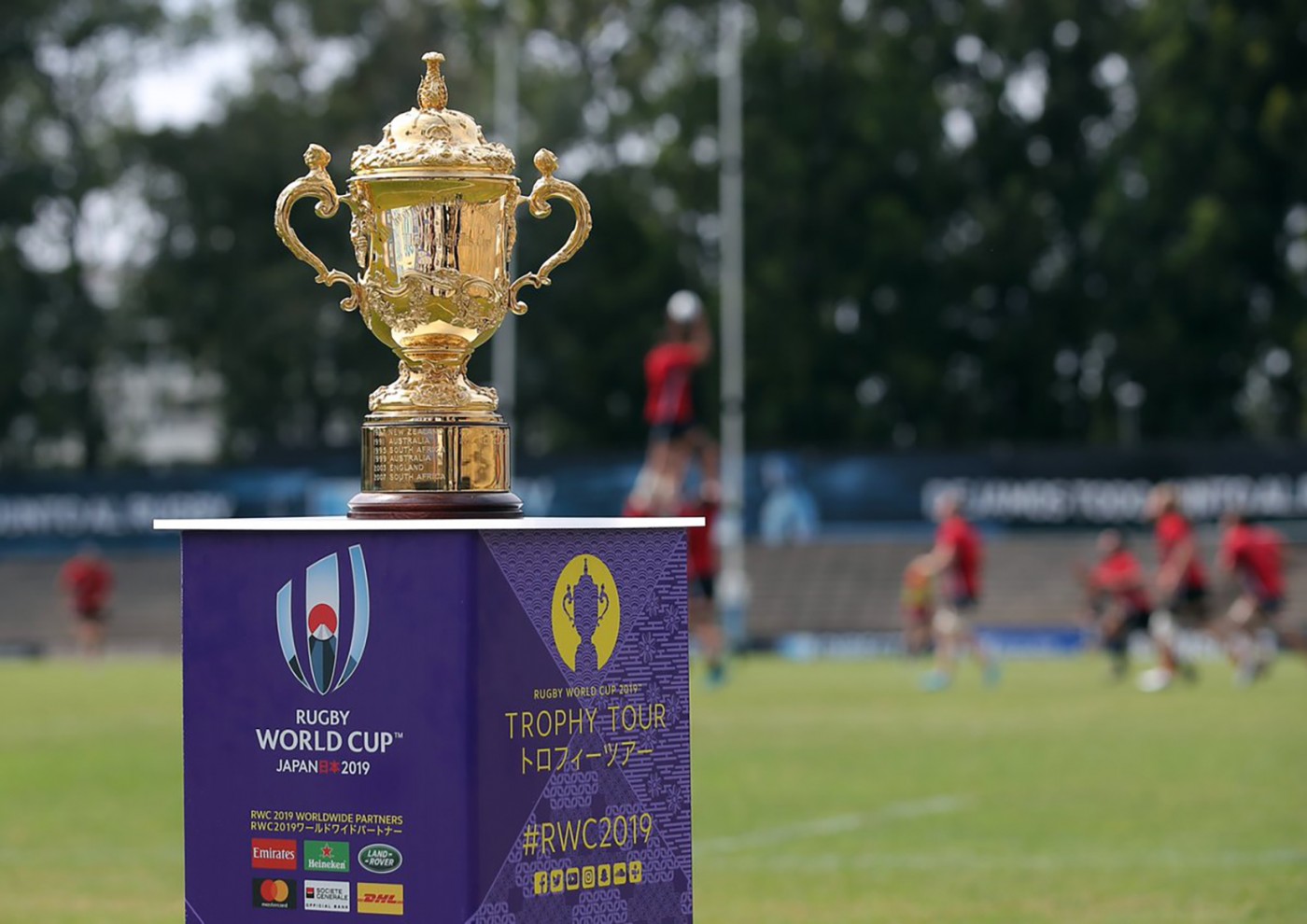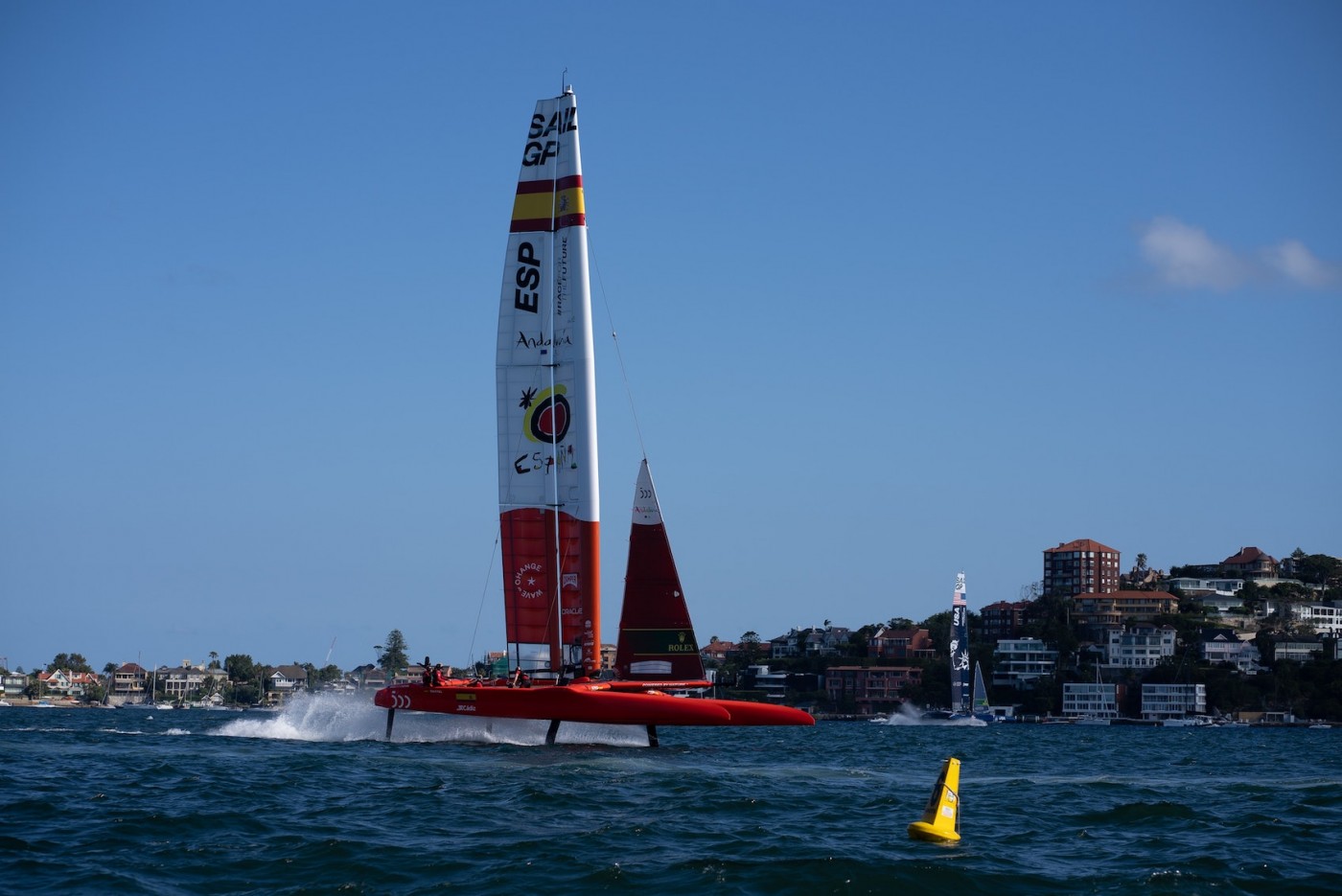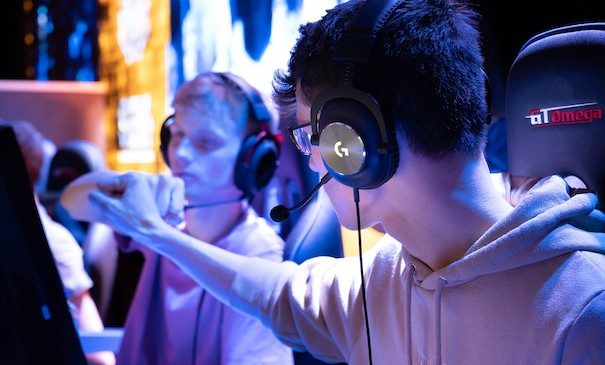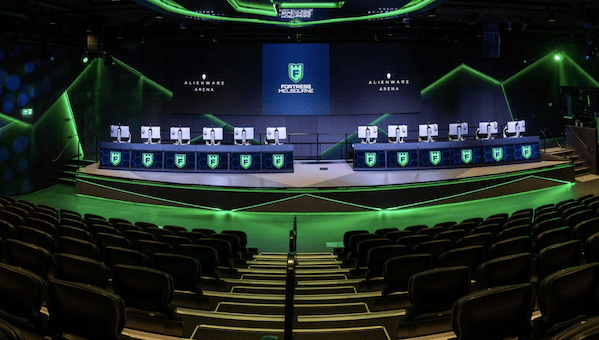Traditionally there have been seven sponsorship platforms:
- Sport
- Music
- Film
- Fashion
- Broadcast
- Arts & Culture
- Cause
We are now in a position to add an eighth to this list – esports.
Over the coming months I plan to share, via Strive Sponsorship, a series of opinion pieces looking at different aspects of the esports world from both a rights holder and sponsor perspective.
Let me declare now, I am not a gamer; I am an outsider looking in. However I am an experienced sponsorship consultant interested in how people’s different passion points can be leveraged to engage with them. I have considerable experience in successfully introducing new sponsorship properties to uninformed audiences and have advised both global rights holders (e.g. Team Sky and The O2) and brands (e.g. Guinness and British Airways) in sport, music and film for over 10 years.
What is esports and how big is it?
esports is essentially competitive video gaming (via console, PC, mobile etc.). Whilst the thought of watching others play video games may seem bizarre to Generation X’s sponsorship decision makers, a large global millennial audience is engaging regularly.
The numbers make for impressive reading whichever way you cut it. esports market intelligence experts, like Newzoo and Superdata, estimate the 2015 global esports audience has reached 188m people (up from 72m in 2013) and supports an industry currently worth in the region of US $747m, with projections it’ll reach US $1.9bn by 2018. More staggering still, a 2013 survey of US esports fans reported an average engagement period of 2.2 hours a session, 19 times a month (source: Superdata).
Where is esports popular?
Popularised in Asia, specifically South Korea, esports has now gained serious traction in both the US and European markets by whatever measure you want to apply. Both in response to the growing esports audience, and driving growth further, the number of competitions is increasing, investment from non-endemic sponsors (including the usual early adopter suspects of Red Bull and Coca Cola) is on the rise, outside investment from seasoned sports backers is pouring in, traditional broadcasters are starting to take note, some US colleges are offering scholarships and the UK’s first dedicated esports stadium has been built.
Should rights holders and brands think of esports as a sport?
The debate about whether esports should be classed as a sport or not has both good arguments for and against. From a sponsorship point of view, however, I think the debate serves only to divert focus away from the important topics for discussion at this stage of esports’ evolution.
If I were an esports commercial rights holder I’d be concentrating on explaining to non-endemic gaming brands the dynamics of the esports ecosystem, what makes it unique and exciting (e.g. global reach, audience profile etc.), where I see esports going in the future, the property’s strategic proposition and how its audience can help their brand meet its objectives.
Whilst comparing esports to the existing world of sport may be convenient in explaining its dynamics to those new to the concept, classing it as a sport serves only to dilute its differentiating factors and drops it into an already saturated sponsorship landscape. Time would be better served understanding what it is non-endemic brands objectives and challenges are in reaching Millennials.
This last point is a key one, and often overlooked by commercial rights holders across platforms. It’s all very well shouting about some big numbers, but don’t leave prospective sponsors to workout on their own how they may benefit. Brands get a plethora of sponsorship approaches and don’t have time to delve through all of them in detail. Making it easier for the brand to see the value of a partnership, by taking the time to understand their objectives and challenges and how you can help answer those, increases your chance of success exponentially. From what I have seen to date there has been a lot of shouting about impressive stats, but little closing of the loop with suggestions of what credible roles brands can play to realise brand and commercial value from an esports partnership.
Why is esports an interesting sponsorship proposition?
Fundamentally esports is embryonic as an engagement platform, and especially commercially. Sure, sponsorship is already apparent and teams like Fnatic are looking to monetise through merchandise etc, but rights holders and brands have the opportunity to create esports future whilst it is still malleable. At the heart of sponsor activity should be one of two central thoughts, either
- How do I add value to the fan’s experience of esports, and/or
- How do I solve an issue fans have with esports currently
A credible association is key in all sponsorship activation, whatever platform.
In summary, the reasons early adopters like Coca Cola and Red Bull have entered the esports space, and why other brands should take a look too, include:
- It’s global
- There is a huge engaged audience, and it’s growing at pace
- The Millennial audience is hard to reach via other platforms
- There is an uncluttered commercial landscape
- There is a chance to shape the future of esports and use your brand to add real value to the fans experience
- The cost of entry, compared to other platforms, is relatively low
- As fan engagement is largely online (all be it popular live events are popping up everywhere), return on investment should be easier to measure
- The audience thrives on new ideas and innovation, and so creative activations done well should be welcomed
- There is an opportunity to differentiate from competition
- Year long engagement opportunities exist
- A range of commercial properties (e.g. events, teams, athletes, programmes etc.) are available to partner with and there is scope for brands to create their own ….
——————————————————-
My thoughts on future esports opinion pieces include:
- Is a large engaged audience enough to sell esports sponsorship?
- How can esports make itself commercially more appealing?
- How do esports rights holders attract non-endemic sponsors?
- What might stop non-endemic brands from becoming esports sponsors?
- What can esports learn from traditional sports rights holders?
If there is anything else you would be interested to hear a point of view on, please drop me a message. You can follow Strive Sponsorship on LinkedIn, and receive notifications of new posts, here: https://www.linkedin.com/company/strive-sponsorship
Malph Minns is the Managing Director of Strive Sponsorship (n.b. the website is work in progress). Strive provides sponsorship advice to brands, rights holders and agencies across sport and entertainment. Read more about Strive Sponsorship’s unique approach and list of services here.



